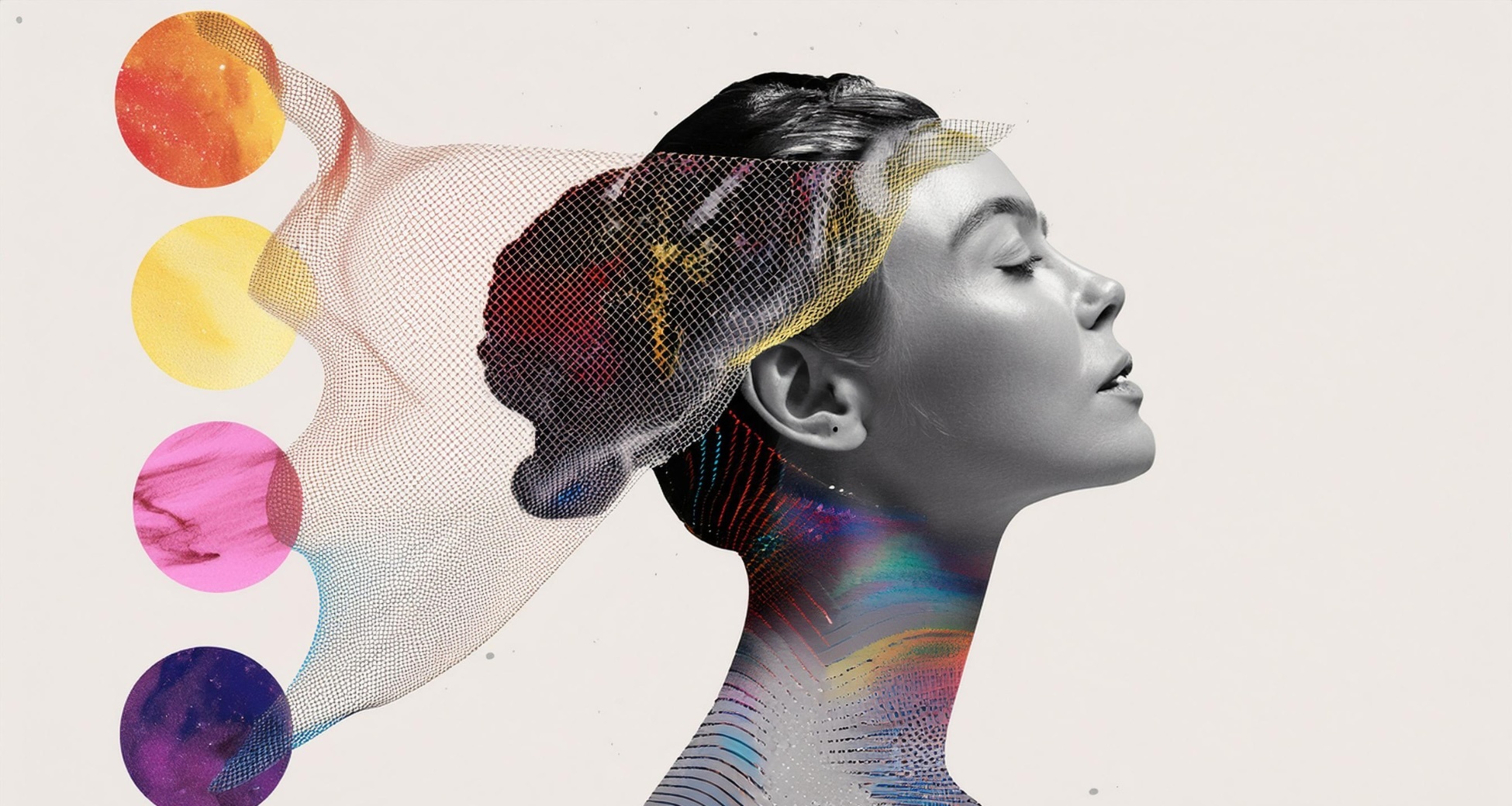PRESS RELEASE - Beyond Step Count: Neurologyca Brings Emotionally Intuitive AI to Wellness and Beyond

Beyond Step Count: Neurologyca Brings Emotionally Intuitive AI to Wellness and Beyond
On-device AI can interpret emotional states in real-time by analyzing expressions, vocal tone, blink rate, and other behavioral cues that offer genuine insights into wellness.
San Francisco, CA — September 17, 2025 – Neurologyca, a pioneer in human-centric artificial intelligence, is preparing to bring its next-generation “human context” AI platform to the market . The platform combines Neurologyca’s proprietary multi–modal signal capture systems, which process human signals such as micro-facial expressions, posture, blink rate, and speech patterns, with advanced AI and machine learning models that interpret these signals in context. This allows the system to adapt to human moods and states in real time, taking into account not just emotion but also the environment, intent, and goals of the user. The platform’s open architecture enables partners to integrate Human Context AI into both new and existing applications, including wellness, enterprise collaboration, and AI-driven agents. The result is more meaningful and adaptive human-AI interactions.
Most wellness platforms depend on users’ own assessments of their emotional state – an approach often undermined by stress, time pressure, or simple human bias. Recent independent research strongly suggests that wearable devices such as smartwatches and fitness trackers are inaccurate when it comes to detecting signs of stress or burnout, because they cannot differentiate between emotional states, such as someone being overworked or excited. Neurologyca addresses this blind spot by capturing emotional signals in real time, which can also be paired with physical health metrics like step count, heart rate, and sleep quality, to deliver human context that standalone fitness data cannot provide.
“Physical and mental health are inseparable,” said Juan Graña, CEO of Neurologyca. “If someone is consistently sleeping less than six hours a night and their emotional state shows signs of strain, that could indicate a deeper wellbeing issue such as depression or burnout. Equally, if they’re sleeping well yet still exhibiting markers of fatigue or low mood, the cause may lie elsewhere. Our technology combines multimodal signal analysis with contextual understanding, enabling devices, applications, and AI assistants to adapt interactions in real time based on how someone is actually feeling.”
Neurologyca builds long-term behavioral baselines, enabling early detection of burnout, cognitive fatigue, or persistent emotional strain. Over time, it learns each user’s unique patterns, creating personalized benchmarks that make wellness tracking both adaptive and actionable. The system has already been applied in clinical wellness research, contributing real-world emotional and cognitive data to projects focused on stroke monitoring, ADHD, and neurodivergent conditions. These same capabilities can also enhance consumer wellness apps, AI assistants, adaptive learning platforms, and other emotionally responsive systems.
Designed with privacy at its core, the platform processes all data locally on the user’s device, never storing or transmitting biometric data without explicit consent. On-device processing also reduces latency and limits cloud dependency, which is particularly valuable for hardware and platform partners. It requires no dedicated hardware and works through cameras and microphones already present on smartphones and laptops, while optionally integrating wearable data for richer insights. Its open architecture makes it easy to embed into existing or future wellness applications, enabling developers to create adaptive feedback loops that reflect how users are truly feeling in the moment.
Early access to the platform will soon be available for developers, along with a reference application showcasing its capabilities. For more information about Neurologyca, visit www.neurologyca.com
%203.png)
